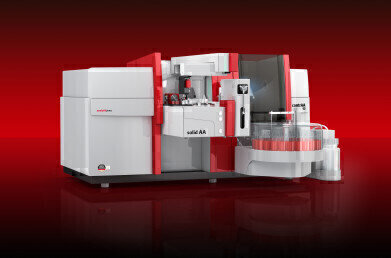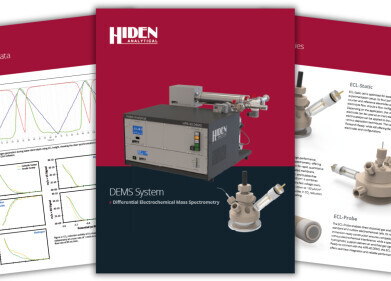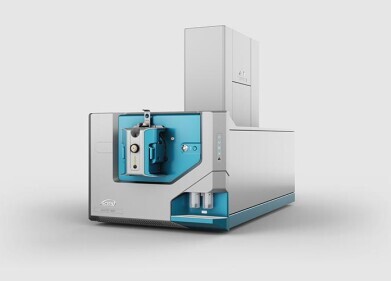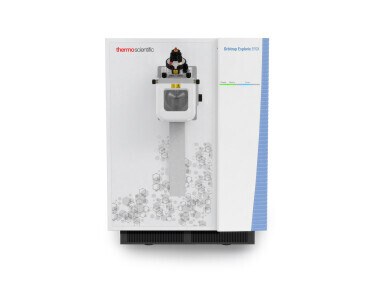Mass spectrometry & spectroscopy
How Many Lamps Does an AAS Laboratory Need
May 27 2015
This problem is familiar to every AAS user: For each element, an individual hollow-cathode lamp is needed. Multi-element analyses take an enormous amount of time and work. Flexibility, too, is significantly restricted, new elements require new lamps. With the High-Resolution Continuum Source (HR-CS) AAS technology used in the contrAA ® range from Analytik Jena, these disadvantages of conventional AAS have become a thing of the past: a xenon lamp generates a continuous emission spectrum of consistently high intensity across the entire relevant wavelength range. Thus it is possible to analyse all elements of a sample directly, using a fast sequential procedure. Thanks to alternative wavelengths, it is possible to extend the measuring range towards higher concentrations, doing away with the need for time-consuming dilutions.
In conjunction with a high-resolution double monochromator and a CCD line detector, it is possible to visually represent the absorption spectrum of each sample. Users ‘see what they are measuring’ and are thus able to detect and correct any interferences promptly and easily.
Digital Edition
Lab Asia Dec 2025
December 2025
Chromatography Articles- Cutting-edge sample preparation tools help laboratories to stay ahead of the curveMass Spectrometry & Spectroscopy Articles- Unlocking the complexity of metabolomics: Pushi...
View all digital editions
Events
Jan 21 2026 Tokyo, Japan
Jan 28 2026 Tokyo, Japan
Jan 29 2026 New Delhi, India
Feb 07 2026 Boston, MA, USA
Asia Pharma Expo/Asia Lab Expo
Feb 12 2026 Dhaka, Bangladesh



















